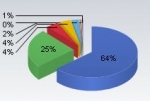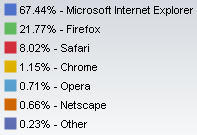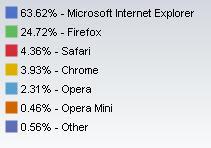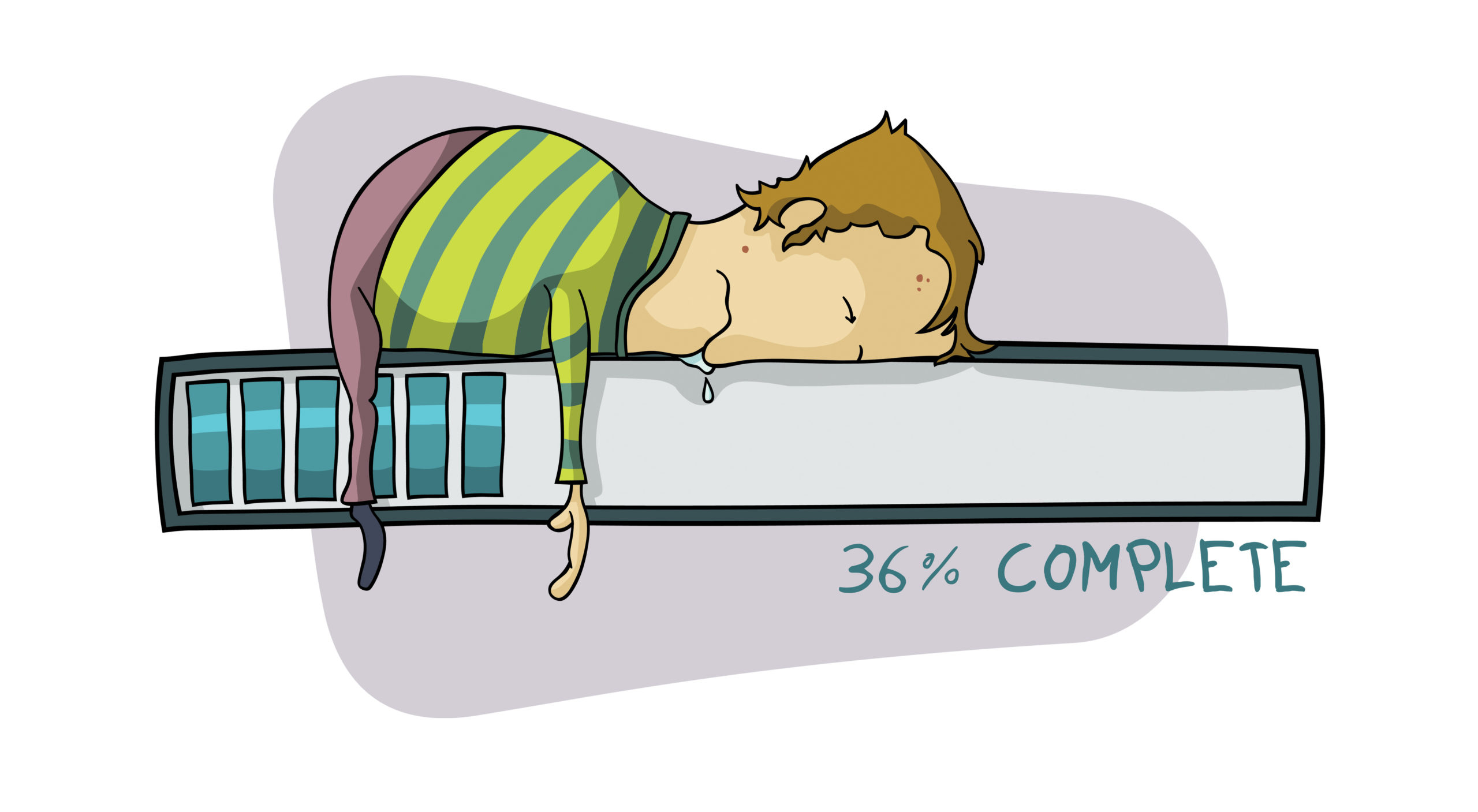In 2009 the stage was set. There would be stiff competition between IE8, Chrome, and Firefox, in the continuing Browser Wars. The favorites all had good reason to expect gains in market share for the year.
In January, Internet Explorer led the pack with almost 70% of the market. That lead had been slipping fast due at least partially to the poor adoption of Windows Vista and IE7. The introduction of Windows 7 and IE8 promised to correct that. There was nothing really earth shattering about IE 8, but the advantage of being part of a widely accepted Windows 7 would undoubtedly work its magic.
Firefox had been increasing its share, all but slowly, and devotees were hoping for faster gains in the new year. The unpopularity of Vista had helped Firefox and there was some slight apprehension among FireFox users because of the Windows 7/IE8 release. Would it slow the rise of Firefox? Time would tell.
Chrome was launched and immediately became a major player. The popularity of Google’s search bled over and gave some heightened expectations for Chrome the browser. My own expectations were that Chrome would finish the year at somewhere around 6% to 8% share. Confirmation of Chrome’s speed and talk of the new streamlined DNS pre-resolution, lead to that somewhat unrealistic expectation. Will Chrome become the central core of Google’s new Web Based Operating System? Will Chrome be a major booster of cloud computing?
The charts below tell the story. The March 2009 chart is on the left and the November 2009 chart is on the right.
Changes seen this year are substantial, but the rate of change doesn’t seem to be the story here. It’s the fact that two major players allowed for substantial gains by Chrome, Firefox, and even Opera. Safari’s failure to supply a browser that works as well on Windows as it does on Mac, along with Google’s release of Chrome for Mac OS X, put Chrome in the number 3 position over Safari but well behind FireFox.
Internet Explorer and Safari had combined losses of 7.48% while Chrome, Firefox and Opera had combined gains of 7.35%.
2009 turned out to be an interesting year for the Browser Wars but 2010 is shapping up to be even better. Development of HTML 5 and Micorsoft’s shift from W7 to IE9 promises to make next year even more exciting than the last. 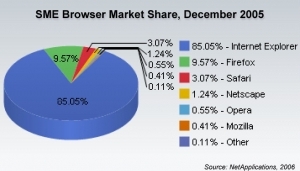 This year will be pivotal for Microsoft. It must stop the bleeding if it wants to maintain it’s dominant position. The push for browsers to replace old school operating systems makes The Browser Wars even more important than they were initially. The rate of loss for Internet Explorer is increasing as can be seen in this 2005 chart. PC dominance by Microsoft Windows may become a thing of the past as browsers battle for control of your computer.
This year will be pivotal for Microsoft. It must stop the bleeding if it wants to maintain it’s dominant position. The push for browsers to replace old school operating systems makes The Browser Wars even more important than they were initially. The rate of loss for Internet Explorer is increasing as can be seen in this 2005 chart. PC dominance by Microsoft Windows may become a thing of the past as browsers battle for control of your computer.
_________________________________________
Helpful Links


